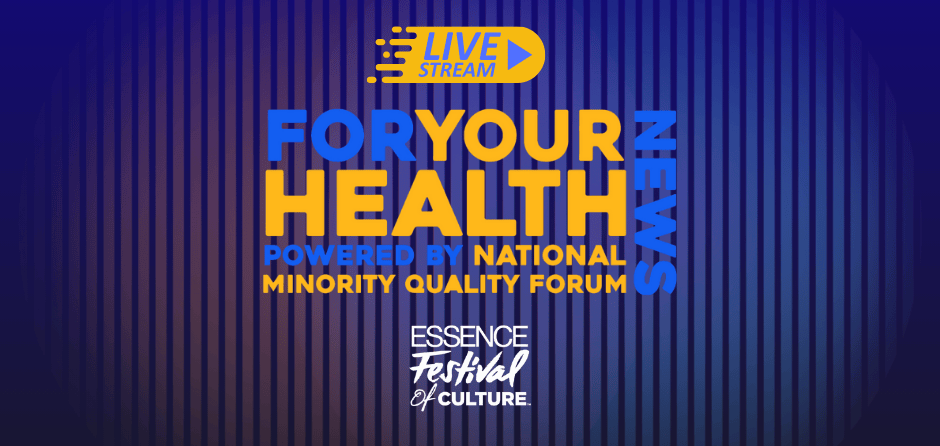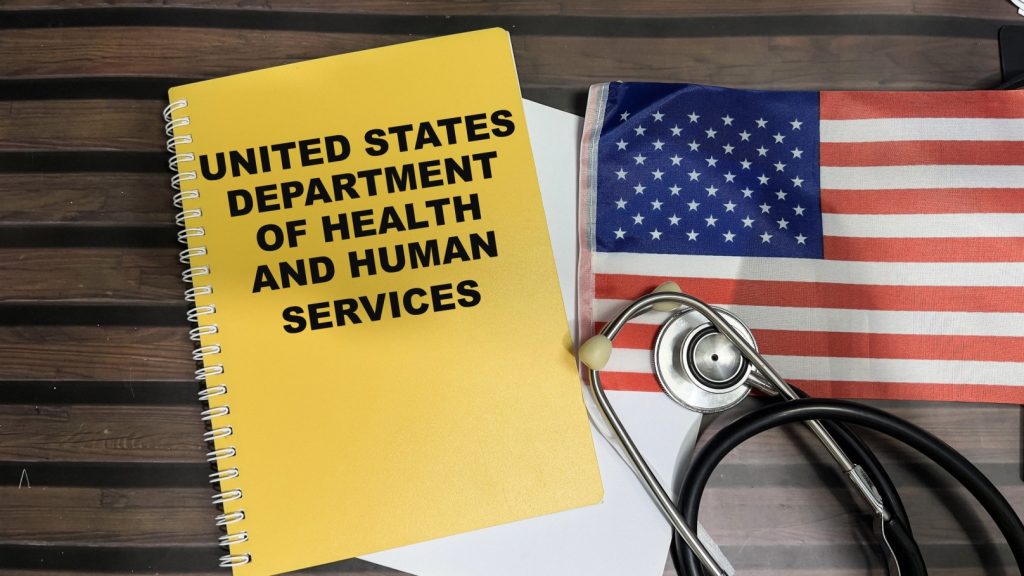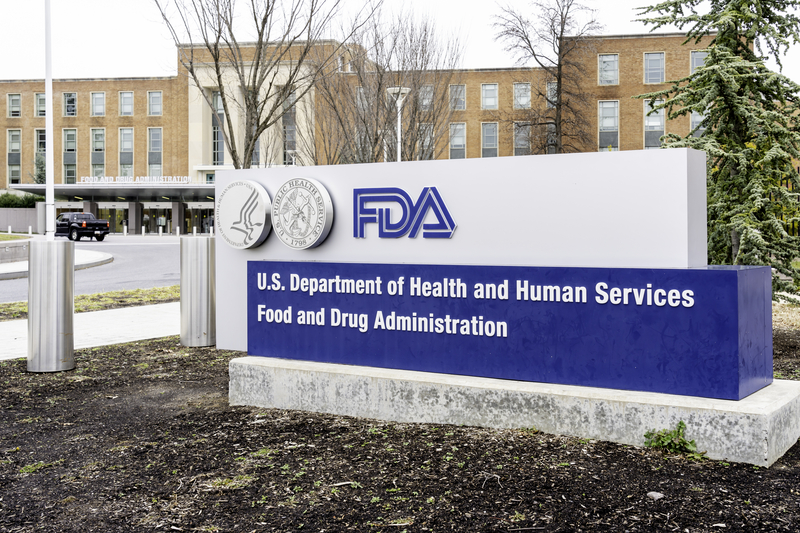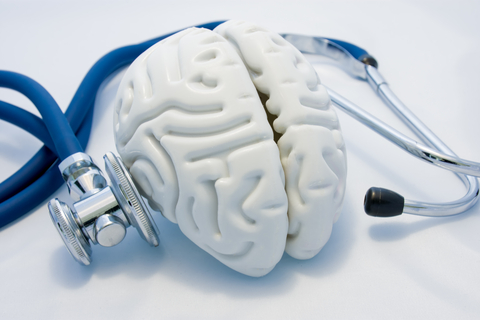Data
End-of-Life Care for AI/AN Patients: Hospice and Hospitalization Gaps
Background: American Indian and Alaska Native (AI/AN) adults experience higher rates of chronic diseases and mortality than non-Hispanic White (NHW...
Characterizing sociodemographic disparities and predictors of Gestational Diabetes Mellitus among Asian and Native Hawaiian or other Pacific Island...
Background:
Gestational Diabetes Mellitus (GDM) affects between 2 and 10% of pregnancies in the United States, with trends of increa...
Data Shows More Heat Pump Rebates Going to Wealthy Zip Codes Rather than Low-Income Communities
PROVIDENCE — When state officials announced a new heat pump rebate program two years ago, aiming to steer residents away from fossil fuels, they in...
Why Collect and Use Race/Ethnicity Data? A Qualitative Case Study on the Perspectives of Mental Health Providers and Patients During COVID-19
Context:
Calls to collect patients’ race/ethnicity (RE) data as a measure to promote equitable health care among vulnerable patient groups a...
Asian Americans Face Cultural Stigma and Misleading Data
When Joslyn Chaiprasert-Paguio was 18, her mother signed her up for a life insurance policy. One of the requirements was to get a Pap smear. That w...
Cronkite News: New law requires data collection on Indigenous health needs in California
Indianz.Com > News > Cronkite News: New law requires data collection on Indigenous health needs in California
...
Trending Topics
Features
- Drive Toolkit
Download and distribute powerful vaccination QI resources for your community.
- Health Champions
Sign up now to support health equity and sustainable health outcomes in your community.
- Cancer Early Detection
MCED tests use a simple blood draw to screen for many kinds of cancer at once.
- PR
FYHN is a bridge connecting health information providers to BIPOC communities in a trusted environment.
- Medicare
Discover an honest look at our Medicare system.
- Alliance for Representative Clinical Trials
ARC was launched to create a network of community clinicians to diversify and bring clinical trials to communities of color and other communities that have been underrepresented.
- Reducing Patient Risk
The single most important purpose of our healthcare system is to reduce patient risk for an acute event.
























